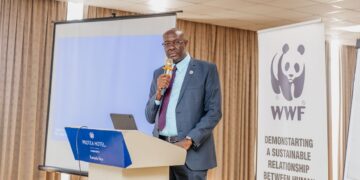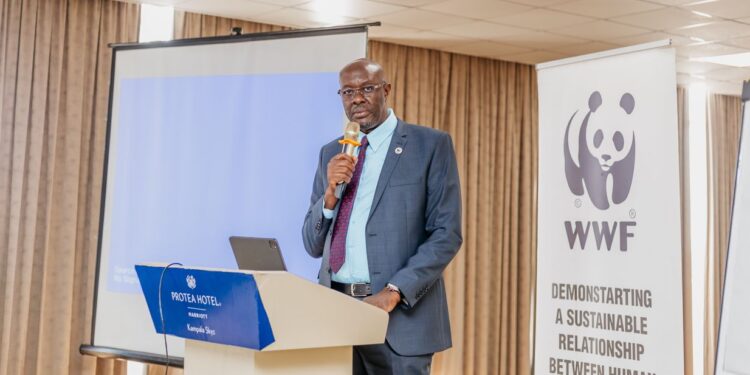Ugandans have called for stricter laws to help end plastic pollution, according to a report by the World Wild Fund for Nature and Plastic Free Foundation and conducted by Ipsos.
The survey revealed that 96% of Ugandans recommend that global rules require a ban on types of plastics that cannot be easily recycled in practice.
“More than nine in 10 Ugandan survey participants believe it’s important that global rules require transparent labelling on plastic products. Nearly all Ugandan survey participants believe it’s important that global rules require manufacturers and retailers to provide reuse and refill systems.”
It adds that nearly all survey participants believe it’s important that global rules require global plastic production to be reduced (97%) and four in 10 Ugandan survey participants believe it’s essential (36%).
“More than nine in 10 Ugandan survey participants believe it’s important that global rules require a ban on unnecessary single-use plastic products most likely to become plastic pollution (93%). More than one in three Ugandan survey participants believe it’s essential (35%),” the survey adds.
The Survey
The Survey was conducted primarily online, with 24,727 respondents in 32 countries, including Uganda. It found out that almost the entire world supports specific rules to ensure accountability and action against single-use plastics to address plastic pollution.
Respondents were aged between 16 and 74 years old. The fieldwork was conducted between 25 August and 6 October 2023.
Commenting on the survey, Ivan Tumuhimbiise, Country Director of WWF Uganda, said one of the key questions the world should ask is whether it’s ready to ban single-use plastics.
He noted that only 9% of plastic waste is recycled.
“Plastics are not only used for packaging consumer goods but also for chemicals used in agriculture and livestock. As we consider banning single-use plastics, we must also examine our own behavior, culture, and preferences. Are we ready for policy change and behavior change? What are we willing to do to address the impacts of plastic pollution on our climate, water resources, and health?,” he questioned.
On his part, Dr. Emmanuel Otaala, the Chairperson of the Committee on Environment and Natural Resources, noted that it’s the
individual mindset and actions that are leading to increased plastic pollution.
He noted that each citizen has a responsibility to balance development with environmental protection.
“We should not solely blame the government for plastic pollution. We, as individuals, have a duty to protect our environment. NEMA oversees environmental protection, but we also have a role to play. We must recognize that our actions, such as littering, harm the environment and future generations,” he said.








